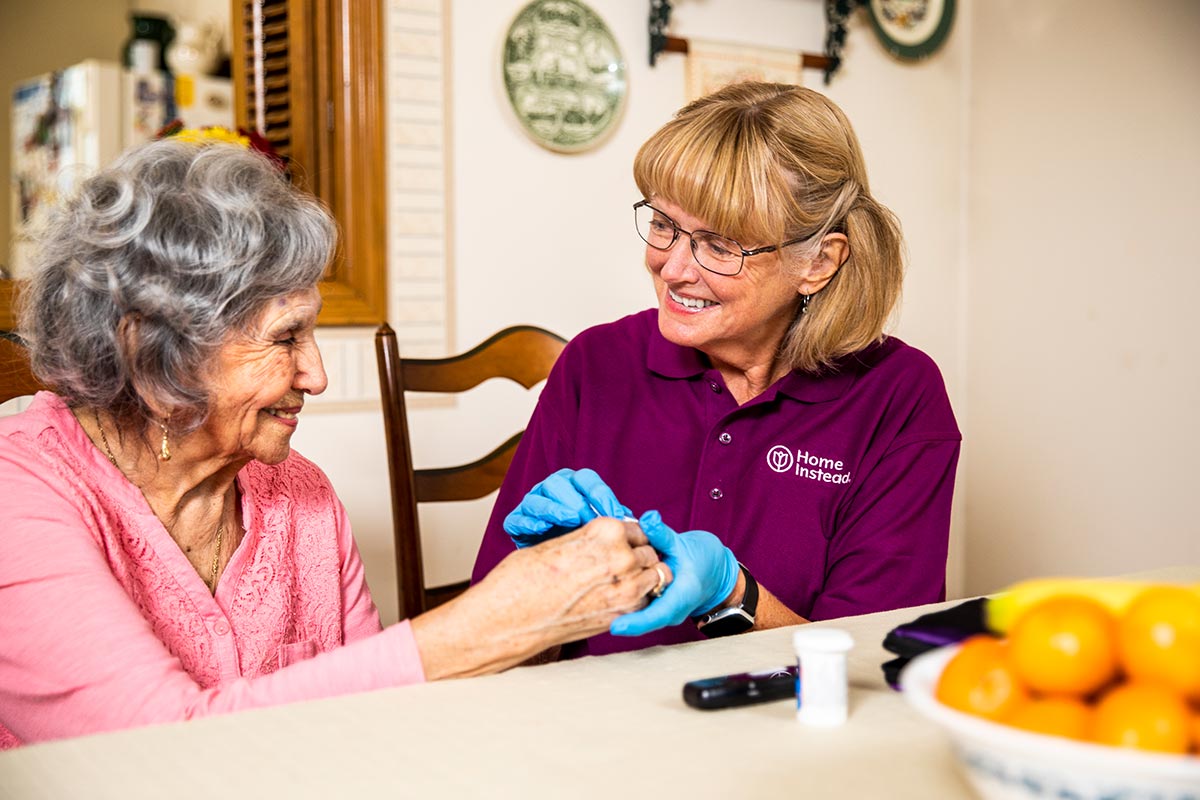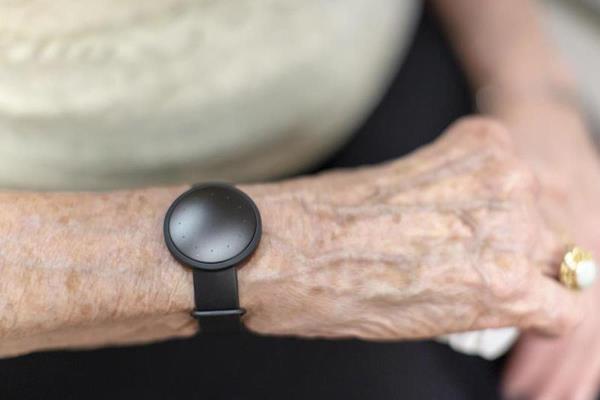March 22 is Observed as Diabetes Alert Day
Mar 22, 2022 is being observed as ‘Diabetes Alert Day’ for our friends south of the border. Observed annually in the US, Diabetes Alert Day is a one-day "wake-up call" to focus on the seriousness of diabetes and the importance of understanding its risks especially for adults and seniors.
Often referred to as the ‘silent killer’, Diabetes is the 7th leading cause of death in Canada and the No. 1 cause of kidney failure, lower-limb amputation and adult blindness. According to the Canadian Diabetes Association nearly 230,000 Canadians are diagnosed with diabetes each year, with over 7300 dying and another 5000+ requiring lower limb amputations as a result of the disease.
Presently, there are about 3.8 million Canadians living with diabetes (~9% of the population), and the incidence of diabetes in people aged 65 and over is even more striking with nearly 25%+ of this demographic affected by it.
The two major types of diabetes are Type 1 which relates to lack insulin production and Type 2 which relates to insulin resistance. Of the two types, Type 2 diabetes much more common than Type 1 and impacts aging adults (40 years+) with a greater incidence rate. It is estimated that 90-95% of diabetes cases among Canadian adults are of Type 2.
The effects of diabetes can be severe on the health and wellbeing of an individual particularly seniors, causing complications such as –
- Hypoglycemia and hyperglycemia
- Heart disease
- Stroke
- Kidney disease
- Nerve damage
- Eye/Vision damage
- Lower-limb damage and amputations
- Poor mental health outcomes
- Diabetic Coma and premature death
- Severe COVID-19 related illness and death
The good news is that while Type 2 diabetes cannot be cured, many of its causal factors such as obesity, unhealthy diet, sedentary routine and other lifestyle changes are controllable, thereby enhancing the possibility of effectively managing the disease to live a long and healthy life.
However, the optimal monitoring of these factors can be a test for most adults, let alone seniors, for whom things can become quite overwhelming. Some of the challenges that can hinder efforts, particularly for seniors include:
- Regular coordination with doctors/other health professionals, setting up and getting to appointments/lab tests etc., can be difficult for seniors
- Another challenge is to be able to keep track of various changes in medications, insulin levels and taking the correct doses at the right time. This can further be exacerbated if the senior is facing memory decline.
- Seniors in general are not motivated to prepare fresh healthy meals for themselves, especially, if they’re living alone. Fresh food preparation takes more effort and time which may be off putting for seniors. In such situations highly processed, unhealthy foods that are ready to eat become the go to option.
- Many seniors struggle to keep a regular regimen of exercise. And as they age, a sedentary lifestyle becomes a persistent downward spiral as the muscles continue to lose strength and vitality. Often events such as a fall or hip/knee replacement are also followed by a marked reduction in physical activity as the fear of falling again or discomfort post surgery can lead to hesitation which soon becomes a part of a seniors’ lifestyle.
Effectively meeting these challenges and maintaining a disciplined routine for the senior requires family to step-in and coordinate for their loved ones. However, this level regular commitment can be onerous for family members too esp. if they already have busy schedules and personal commitments of their own (work, family responsibilities, own health concerns) or if they are living out of town.
In such situations, hiring a professional caregiving service can be a highly effective solution to ensure that the senior gets the right support vis-à-vis diabetes management and the family have the peace of mind that their loved one is getting the care they need in a proficient and timely manner.
Our team of caregivers at Home Instead has had to opportunity to support multiple clients (past and present) in effectively dealing with diabetes thereby enhancing their health and well being. Skilled and trained caregivers have supported their clients in managing diabetes through efforts such as:
- Encouraging and managing a regular exercise routine. This could include going for walks and home-based exercises on off days or when the weather not conducive
- Making appointments for clients and taking them there. Also taking notes at appointments and coordinating with pharmacies etc. to address medication changes
- Preparing fresh meals and motivating the seniors towards healthy nutrition choices
- Helping seniors test their blood sugar levels, keeping track of the readings and reporting findings to the family, doctors etc.
- Medication reminders so that seniors take insulin, other medications in a timely manner



